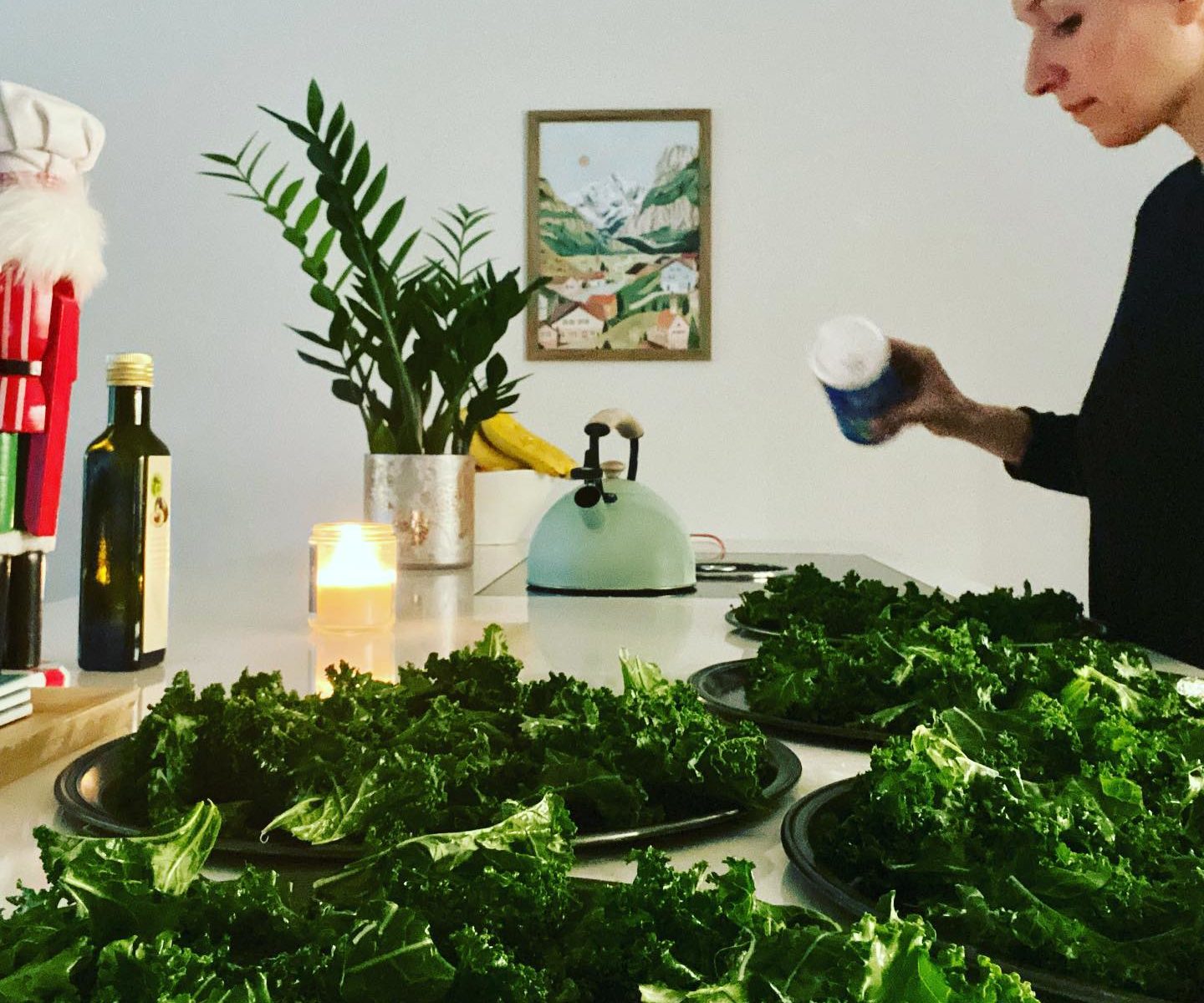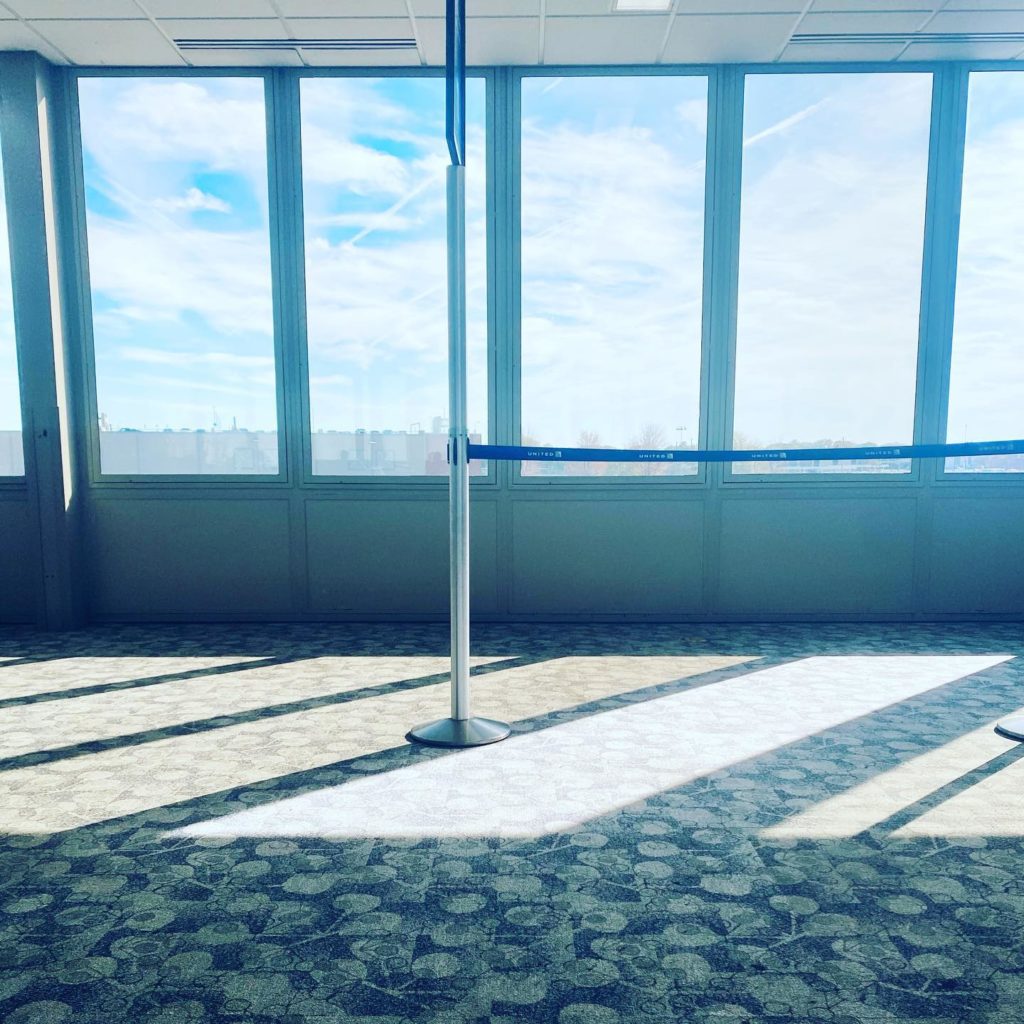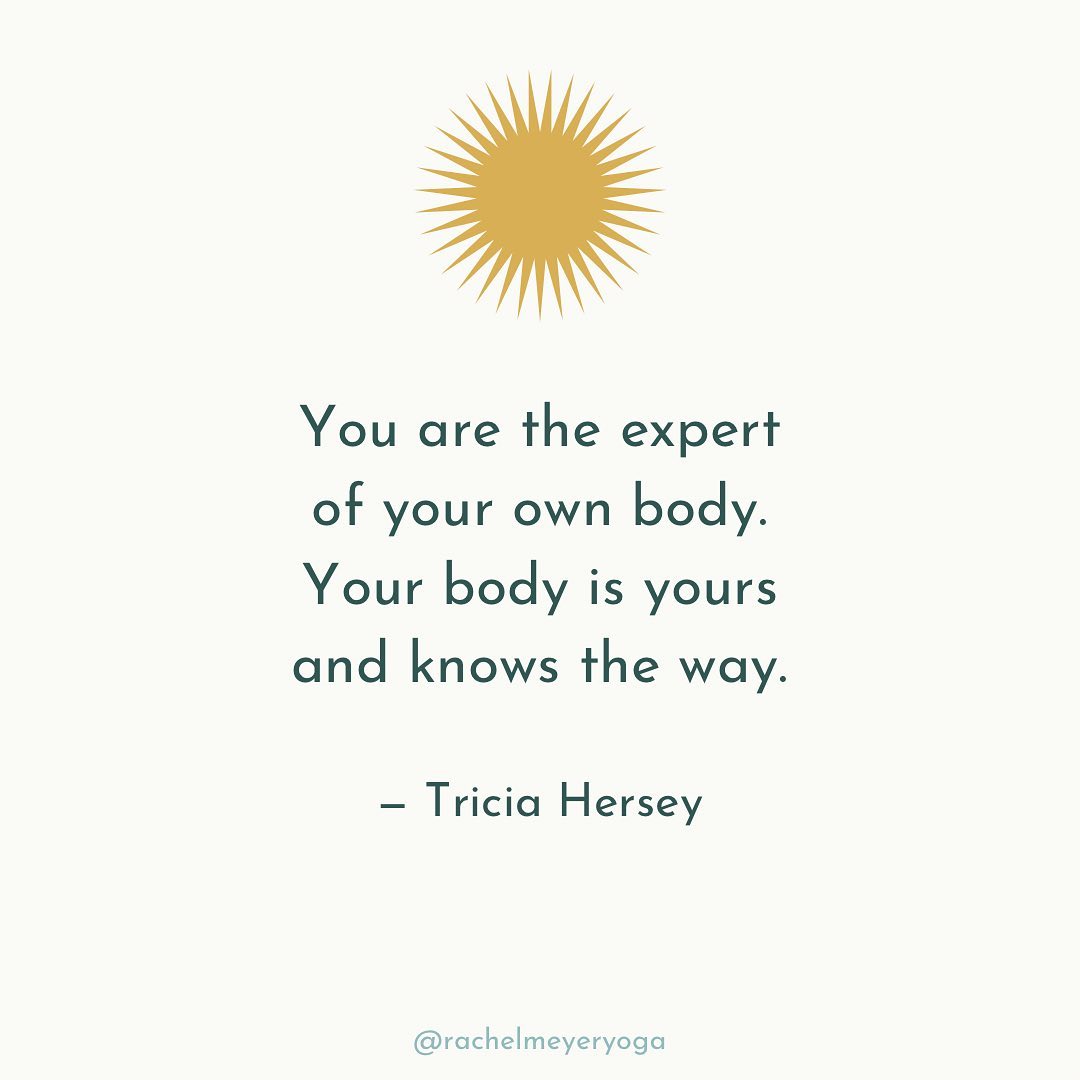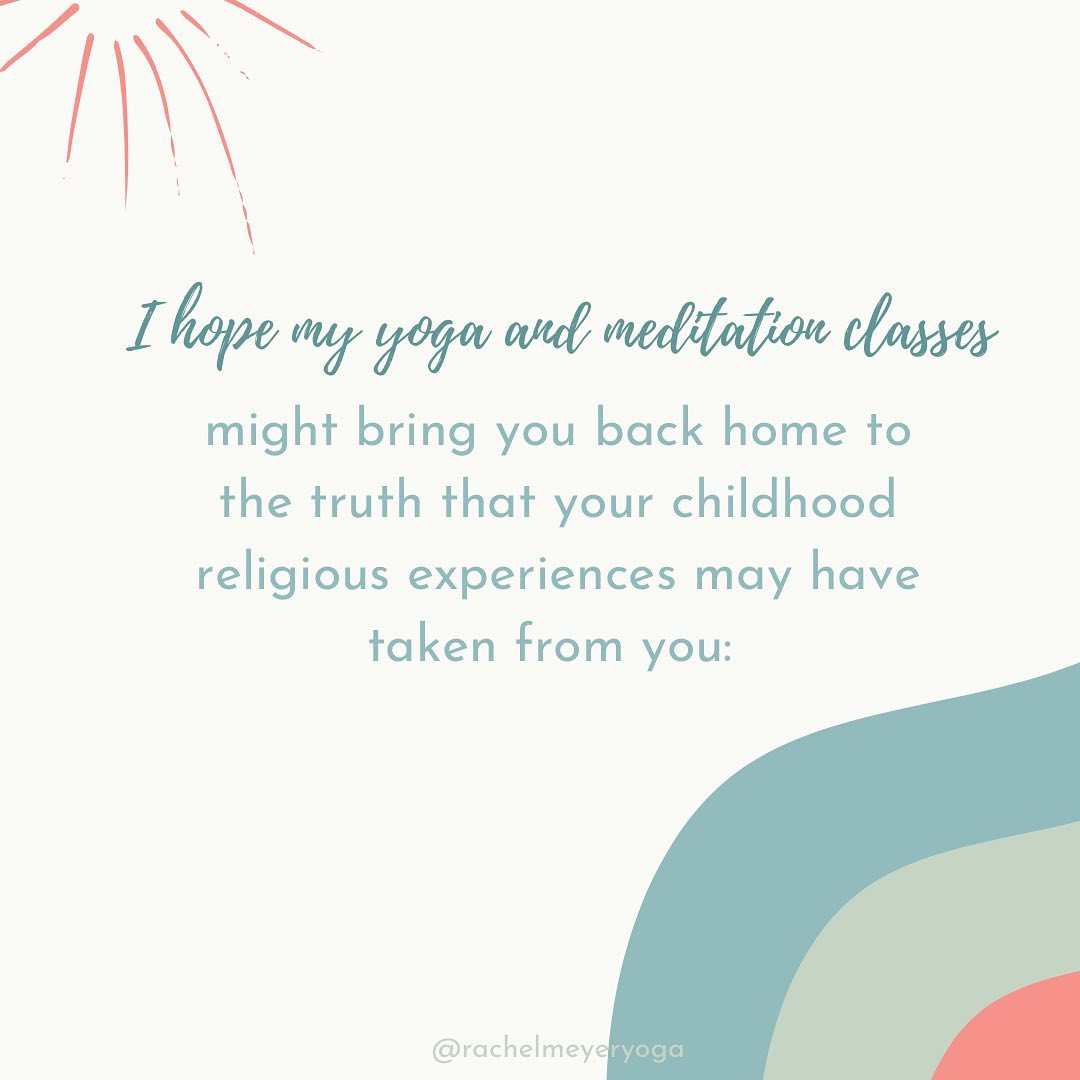Last Monday, the long-awaited moment finally came: NFL legend Jason Kelce announced his retirement.
After 13 years as the iconic, beloved center for the Philadelphia Eagles, Kelce hung up his cleats. Sobbing through an emotional press conference with his Super Bowl champion brother Travis, parents Donna and Ed, and wife Kylie seated in the front row, Jason admitted: “I don’t know what’s next, but I look forward to the new challenges and lessons that await.”
Sports journalists predict the popular NFL player and podcast host will make his way into broadcasting.
But I’ve got the perfect next chapter for Jason Kelce. And it’s not what you think.
The guy’s a total yogi — bare feet and all.
As a yoga teacher myself, it’s been literal years since I’ve paid attention to American football. My family and I moved to Switzerland back in 2018, and since then, I’ve been happy to ignore the NFL in favor of European fussball, Granit Xhaka, and the Champions League. Sobering medical reports about the brain damage caused by degenerative disorder chronic traumatic encephalopathy (CTE) have also increasingly kept me away.
But, over the course of the last NFL season, Jason Kelce and his brother Travis have brought me back — and turned me into a fangirl.
New Heights podcast subscriber? Check.
Giggling over memes of Jason topless in below-freezing temps cheering on his brother at the Buffalo Bills game? Check.
Curled up on the sofa with his Amazon Prime documentary, Kelce? Check.
This grounded, authentic athlete is a natural yoga teacher. No sticky mat or stretchy hamstrings required.
Here’s why:
- He’s refreshingly genuine. This realness? It’s yoga. Buddhist psychotherapist and yoga teacher Michael Stone once wrote that “Yoga is the practice of learning to be real.” Finding ease in your body, and cultivating true integration of mind, body, and spirit; this is yoga. With the Kelce brothers, what you see is what you get, motherf**kers. Talk of body hair and Dad bods. Jason rocking flip flops and an old muscle tank at his retirement press conference. Admitting to falling asleep at the bar the night he first met Kylie. “Being unapologetically yourself. That’s my role,” he says in Kelce. And it’s so refreshing.
- He’s an embodied athlete. As a professional football player, Jason Kelce is at home in his body, comfortable taking up space and moving with intensity. (I mean, did you see him leap back up into the family suite at the Bills game? He’s an athlete for sure). Athleticism is his purpose and delight (and yes, sometimes scourge), providing “that jolt” of energy when he walks onto the field. This sense of dharma (Sanskrit for true calling or duty), driven by “being the best in the world” makes it clear exactly why it’s so hard to finally step away from it all.
- He laughs easily. You can tell a real yogi by how quick they are to laugh. In yoga and Buddhism, wisdom is embodied by a childlike lightness, a sense of wonder and flexibility. We practice to get more light-hearted, more easygoing. This spirit shows up as what yogis call prana (or life force). And Jason’s got it. New Heights is full of good-natured joking. Between Jason’s dry sense of humor and Travis’s head-thrown-back guffaw, it’s welcome soul medicine — especially when the brothers are making fun of Jason’s eyebrows or reminiscing about 1990s video games.
- He has a heart for service and integrity. Karma yoga is the yoga of action or work; it’s a service-oriented offering to the world. (Insert obligatory “Karma is the guy on the Chiefs, coming straight home to me” reference here). Jason and Kylie both take pride in giving back off the football field on behalf of the Eagles Autism Foundation and via the Eagles Christmas album, which raised $3 million for about 70 nonprofit organizations in and around Philadelphia. Karma yoga aligns closely with satya, which is Sanskrit for the practice of thinking, speaking, and acting with integrity. The outpouring of gratitude from players and fans alike upon Jason’s retirement announcement overwhelmingly highlighted his integrity as a leader.
- He’s all about interconnection. Interdependence rests at the heart of yoga philosophy. The idea that nothing and no one exists alone; we all unfold in and are made real by our relationships. (This concept is called dependent origination, if you want to get fancy about it, and it’s similar to the idea of the “Butterfly Effect.”) The Kelce brothers famously prioritize family. Kylie and Jason’s three toddler daughters feature centrally in their lives. Both Travis and Jason credit “Mama” Donna and “Papa” Ed Kelce in encouraging their great success. The brothers embody this strong sense of relationship, even when facing off against one another in the Super Bowl.
- He’s playful. In Hindu philosophy, the Sanskrit word leela connotes the idea that everything is divine play. When you think about a yoga practice — during which you might become a Tree, a Camel, a Monkey, or yes, even an Eagle — you can see how a certain playfulness and non-attachment to identity lie at yoga’s very heart. Jason doesn’t take himself too seriously. From his iconic Mummers costume at the 2018 Philly Super Bowl victory celebration to his infamous post-Super Bowl 2024 luchador mask to holding Pottery Barn tea parties with his daughters, there’s evidence of leela all around.
- He’s both soft and strong. In every yoga pose, we aim to cultivate equal parts effort and ease. This concept is known as Sthira Sukham Asanam, and it’s a great guideline for moving through the world. Jason Kelce is simultaneously soft and strong: a tough-as-nails football player who’s also beloved for being emotionally intelligent. He’s a famously loving “girl dad” to Wyatt, Ellioitte, and Bennett. Both he and Travis admit to being frequently emotional — ”We’re criers” — and often tear up in public. And in his final moments as a professional football player, bombarded by cameras, Jason sobbed through his retirement press conference. Strength and softness personified. This is yoga.
So, what do you say? Jason’s about to have a lot more time on his hands. Ready for the next chapter?
Yoga’s great for healing football injuries.
*
Rachel Meyer is an American writer and yoga teacher based in Switzerland. Her work has appeared in The Washington Post, On Being, Yoga Journal, Tricycle, Yoga International, HuffPost, and more. You can find her at www.rachelmeyeryoga.com or @rachelmeyeryoga.











